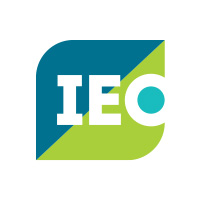Here, we share insights, updates, and stories about how the GEF supports a healthier planet. The IEO helps ensure that GEF projects are effective, efficient, and truly make a difference for people and nature around the world.
Our blog covers a wide range of topics - from biodiversity and climate action to sustainable development and lessons learned from projects in different countries. Whether you’re a policymaker, practitioner, student, or simply curious about the environment, you’ll find clear and engaging content to help you understand how global efforts come together to protect our planet’s future.
Stay tuned for expert analyses, success stories, and behind-the-scenes looks at how the GEF and IEO work to improve the world we all share.





